Mice Control Services
Here at Defender Pest Control, we can provide you with the foremost effective and guaranteed solution to any mouse problem you may be experiencing
Mice Control Wirral
Have you heard some unusual scratching and scuttling in your home or business? Perhaps this is coming from above your head, behind your units or underneath your floorboards? If this sounds familiar, then it’s safe to safe you’ve definitely got some unwanted guests- mice to be precise!
We cover the Wirral and the North West.

I contacted Defender after hearing rodent activity in the house. Liam responded really quickly and over 3 visits him and Tom resolved our mouse problem quickly and effectively. They are such great lads and very respectful of our home. I wouldn't hesitate in recommending them particularly as we have used other pest control companies but with little success. Thanks guys!
- Nigel Howard

Hire this guy! Had a mouse issue in my loft two very polite gentleman came and dealt with the issue filled in holes around the house put bait all over my property and now all gone thank you for your excellent service will definitely use again.
- Sally

Tom was a calm presence in the face of pests in our home and garden. The communication was consistent and excellent, Tom turned up when he said he would, and he provided a first-class and knowledgeable service. The problem was resolved with no fuss. Thoroughly recommend Tom. Hopefully, we'll never need him again, but if we did have another pest issue, he'd be the person we call. 10/10 - thanks Tom 🙂
Mice Dangers
Having mice in your home or business can have devastating effects, and there are many reasons why a mice infestation needs to be controlled as soon as possible.
Disease
Mice are known carriers of pathogens and diseases which can spread to people directly, through contact with rodent droppings, urine, and/or saliva.
Property Damage
Mice are also known to cause extensive damage to property, whether that’s structural or electrical. Like rats, mice have a knack for causing all sorts of damage to a wide range of properties.
Business Damage
If mice are in your business this can result in a whole host of problems such as loss of earnings, a damaged reputation and heavy costs from spoilages and damage.
Signs of Mice Infestation
With other pests the first indicator that you have a problem is spotting an increase in activity, with mice however, it is often easier to spot the signs of an infestation as you may never actually see a live mouse.
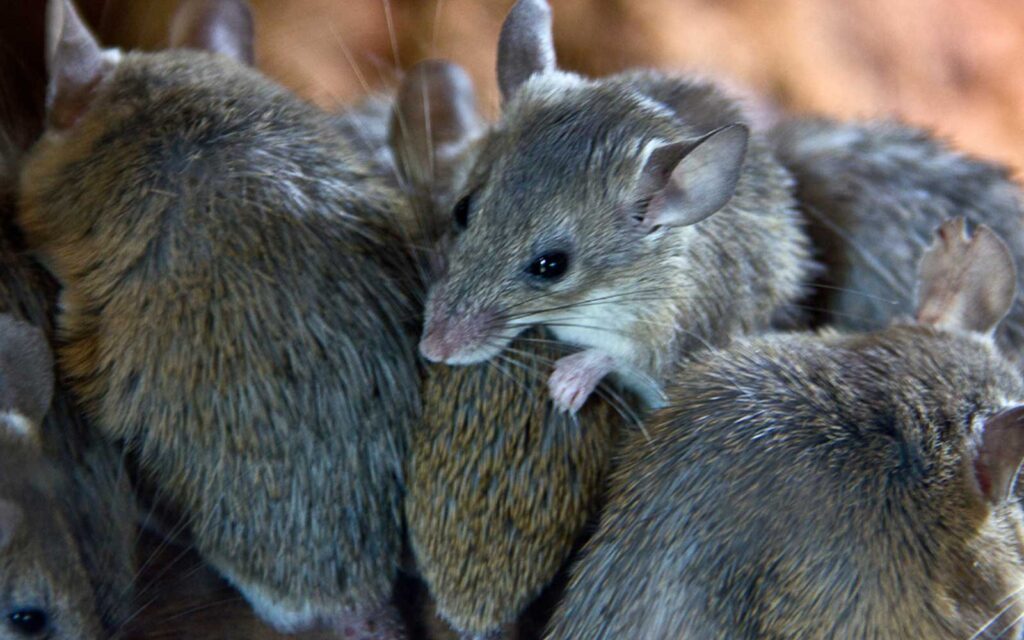
Due to their nocturnal nature, it can often be tricky to notice a mouse infestation in its early stages, however they are some key tell-tale signs that your property may be victim to a mouse infestation.
- Mouse droppings - these are often black and about the shape and size of a rice grain. Each mouse can drop around 80 droppings a day. Fresh droppings will be soft and moist. They are often scattered randomly but are most commonly found under kitchen sinks, around boilers, in roof spaces, inside/on top of cupboards and along skirting boards.
- A strong ammonia smell - this is due to mice frequently urinating. The stronger the smell the closer you are to the infestation.
- Gnaw marks - on materials around your home such as furniture, carpets, paper, wood, pipes, and cables.
- Grease marks - these are left by repeated contact with the oils in mouse fur. They will be dark grey and can be found on surfaces such as walls, floors, and skirting boards.
- Scratching noises - these are often heard at night due to mice nocturnal nature. They may be heard between partition walls, under floorboards, basements, lofts and in false ceilings.
- Live or dead mice - although they are nocturnal you may spot live or dead mice during daytime if the infestation is big and growing out of control.
- Nests - it may be possible for you to find a nest in your property. Mice use easy to shred materials, and tend to create these nests in lofts, cavity walls, suspended ceilings, under floorboards, behind fridges, airing cupboards and under stoves/units.
- Tracking footprints - due to the locations mice choose to create their nests it can be possible to see their footprints/tracks in dusty unused environments such as basements and lofts. You could also track their activity by placing flour/ talcum powder in areas to follow/ check for tracks.
- Food damage - damage to stored foods in cupboards, pantries, and storage areas.
Mice in Your Business
Having mice invade your business can have detrimental effects if fast action and preventive measures are not taken swiftly. As we have already discussed mice can invade any property at any time, so if you are in business it is definitely worthwhile taking some time to effectively proof your premises and put the best preventive measures in place- especially if you are in the hospitality sector.
Here, at Defender Pest Control we can provide your business with a discrete, one stop, guaranteed solution to any pest problem you may currently be experiencing. We can also provide your business with a tail made service plan to prevent any future infestations for years to come- just call one our friendly advisors today for a free site survey and quote!
Reputational Damage
If clients and customers spot any signs of a mouse infestation in your business premises they are very unlikely to continue purchasing your goods and using your facilities.
It is well known that businesses have ceased trading based on media reporting of a rodent infestation in their premises, not only is your reputation damaged through this type of reporting you can also be shut down for failing to comply with basic health and safety regulations.
Property Damage
Having mice in your business can also be costly due to the electrical and structural damage they can cause with their persistent gnawing.
Food Safety Act 1990
Under the Food Safety Act 1990 owners of food businesses must keep their premises pest free, failure to do so can result in heavy fines and ultimately your business being closed down.
Prevention of Damage by Pests Act 1949
Under the Prevention of Damage by Pests Act 1949 property and landowners must keep their premises rodent free- it is incredibly important therefore, that anyone in business must have rodent preventative measures in place.
Preventing Mice Infestations
As with any pest prevention is always better than a cure. As we have demonstrated mice are active all year round and have an incredible ability to continuously procreate so protecting your property in the early stages is key to preventing an out of control infestation. Mice also invade a whole host of different properties and locations on the hunt for shelter and food, so it is definitely worthwhile considering some of the below to effectively protect and prevent your home or business from falling victim to an infestation.
Having mice in your home or business can be incredibly distressing, not only are they one of the most feared pests they can also spread diseases and cause extensive damage! Mice are active all year round and are one of the most common pests we are called out to treat. Here at Defender Pest Control, we can provide you with the foremost effective and guaranteed solution to any mouse problem you may be experiencing- just contact one of our friendly advisors today!
- Proofing your property - checking your property for any potential entry points and sealing these up with cement. Focus on low level areas and then make your way up your property to vents, eaves etc. Pay careful attention to areas around pipes, windows, and basement areas.
- Keep your garden and property clean and clutter free - remove any potential nesting sites by keeping your garden clean and tidy and cutting back any overgrown areas/ areas that would be easy for mice to hide in (piles of wood etc).
- Cover any household waste so mice cannot gain access - places such as dustbins and compost heaps are key!
- Secure your food - keep foodstuffs in airtight containers and ensure any spillages are cleaned up as soon as possible.
Learn more about Mice and how to spot them
Spotting a Mouse
Often mice can be confused for other rodents such as rats, shrews, and voles. It is important to understand the difference between each rodent so the best action can be taken.
Water Voles and Shrews are protected under the Wildlife and Countryside Act 1981 so if you are confused as to what has invaded your home or business best practice is to call in one of our experts from Defender Pest Control before attempting any DIY techniques. We can accurately identify a rat and provide you with the best treatment and preventative measures.
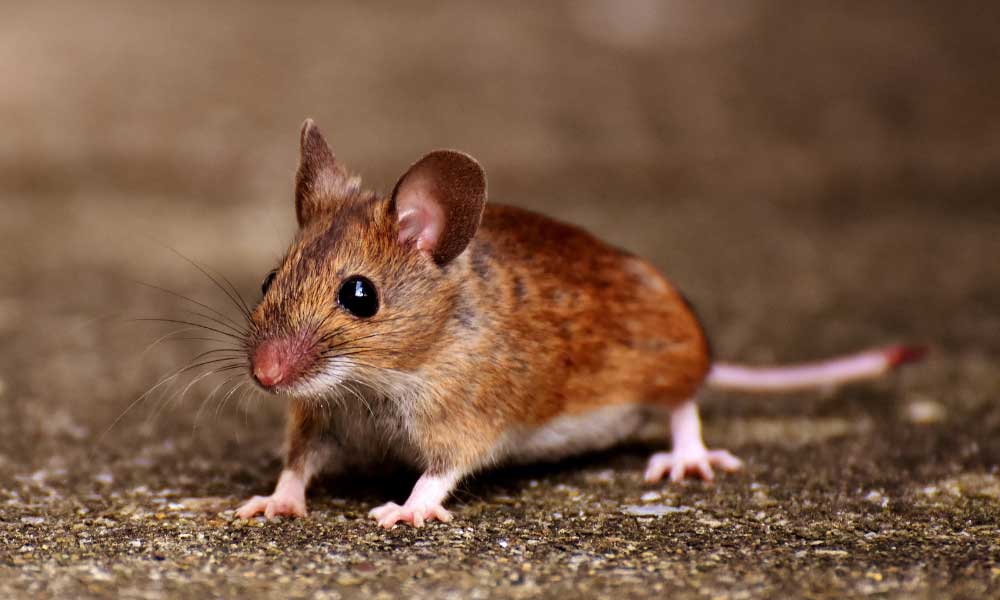
Mice
- Less than 25g
- 6-9cm (not including tail)
- Pointed snout
- Big eyes and large ears
- Tail the same length as their body
- Round body with small feet
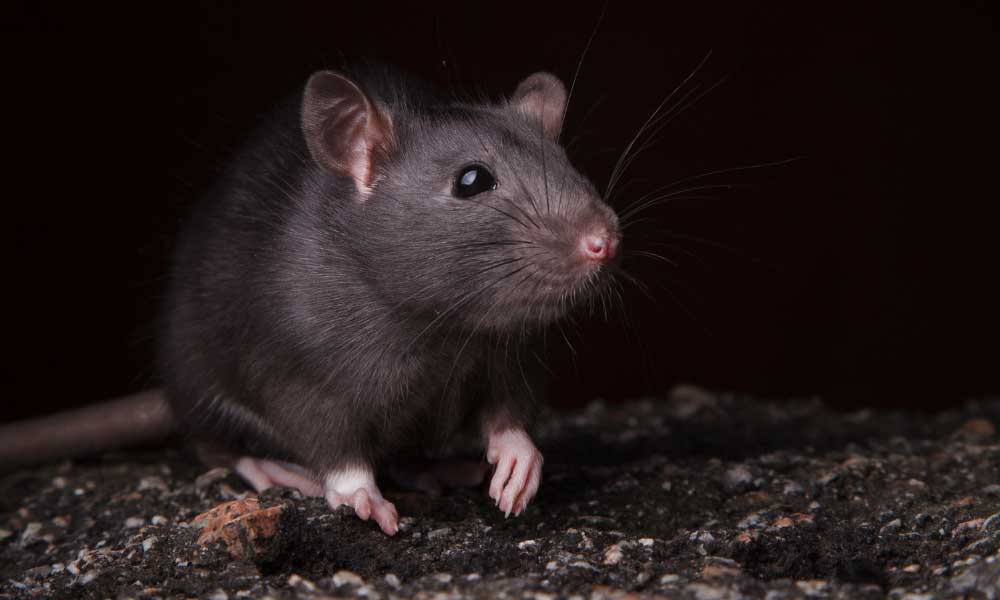
Rats
- 500g
- 15-28cm long
- Blunt snout
- Small eyes and ears
- Tail shorter than their body
- Long body with big feet
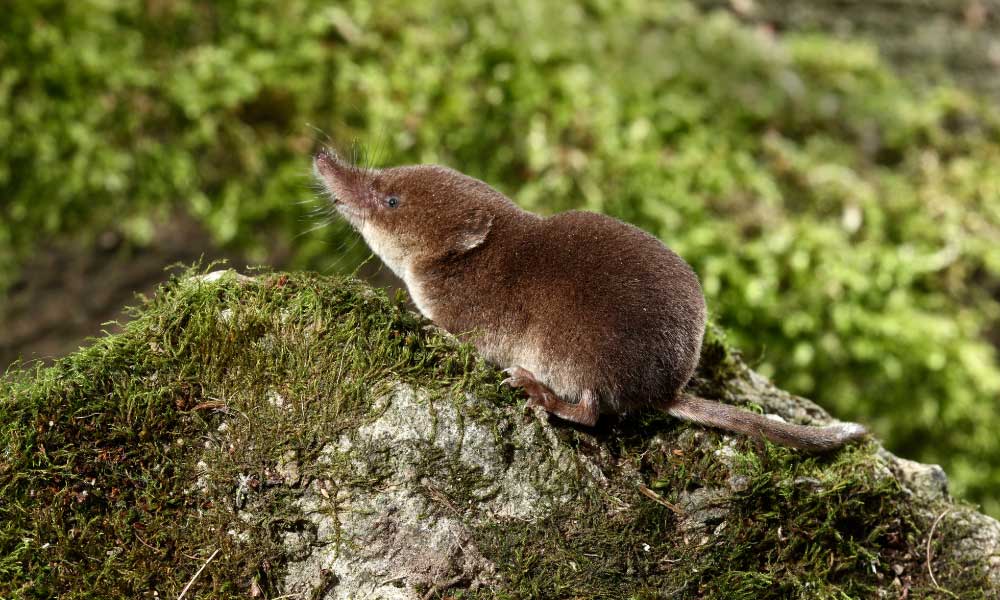
Shrew
- 5-12g
- 5-8.2cm (not including their tail)
- Pointed snout
- Small eyes and ears
- Tails less than ¾ of their overall body length
- Round body with large feet
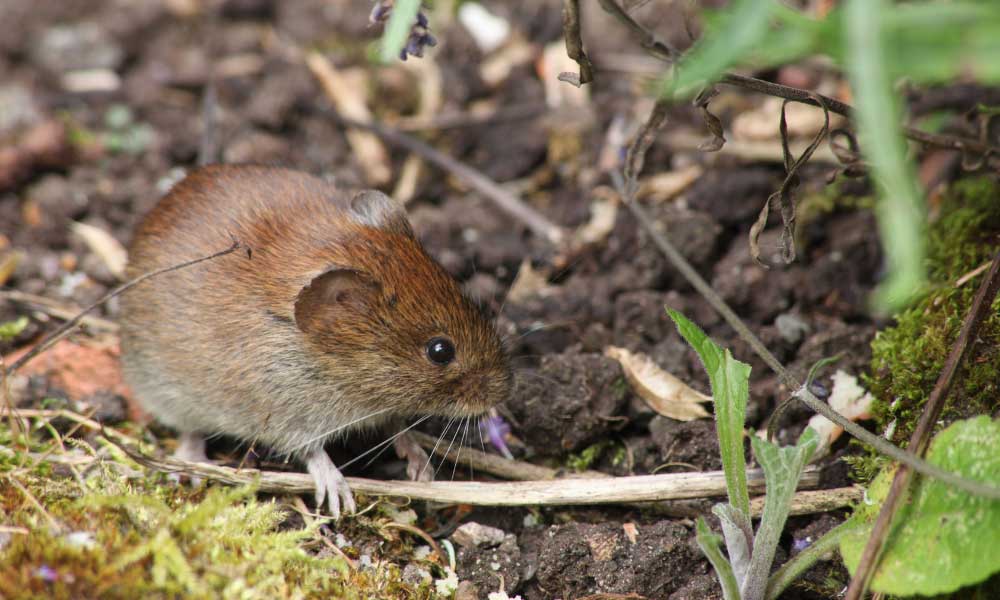
Vole
- 20-51g
- 9-13.5cm (not including their tail)
- Blunt round snout
- Small eyes and ears
- A short tail between 2-4cm
- Shaggy hairs on their body
Why Mice Rats Chosen Your Property?
If you have a mouse infestation in your home or business it is undoubtedly distressing, and you may be left wondering why out of all of the places they could have picked they have chosen yours. As with many pests mice invade our human environment on the hunt for food and shelter, and unless your property is completely pest proofed you may be subjected to an infestation!
House mice rely on warmth and shelter to create their perfect nesting sites hence why they enter our human structures. Mice will build nests in our roof spaces, wall cavities, under floorboards, storage boxes, sheds, and basements- anywhere that’s safe, warm and with a good supply of food.
Mice can squeeze through cracks as small as 5mm and they are incredibly inquisitive animals so if your property has even the smallest of cracks/holes one mouse can easily gain access and begin creating their nest. Due to their impressive agility mice can also enter your property by climbing trellis and vines that surround your property. It is also important to note that mice can hide and wait in nearby vegetation and foliage around your property until the colder months draw in before attempting to enter your home or business.
In closely populated areas mice can also go from neighbouring property to neighbouring property on the hunt for even better nesting sites. It is important therefore to consider this when attempting to proof your property and protect yourself and your neighbours from an infestation.
Field mice do not pose as big of a threat as house mice in invading homes and businesses but there is always the slight possibility they may. Field mice tend to choose nesting sites based on their ability to stay protected from predators, so they tend to excavate burrows made from dry grass among rocks and crevices.
Mouse Biology
There are hundreds of different species of mice across the world, they are mostly considered to be pests, but some are specially bred to be kept as pets. There are 3 main species that invade our homes in the UK, they are the House Mouse, the Field Mouse, and the Yellow Necked Field Mouse. If you have encountered a mouse in your home or business the most likely culprit is the Mus Musculus domesticus otherwise known as the House mouse. The House mouse is known as a commensal rodent, this means they live with or in close proximity to humans- hence why they are the most likely we come across.
Types of Mouse
The House Mouse
The House mouse is a light brown/ grey colour and measures between 60-90mm in length (their tail is the size of their body again so with a fully extended tail they can measure up to 180mm). They have small feet with big eyes and ears and weigh between 12-30g. House mice have around 7-8 litters per year with 4-16 mice per litter (when a mouse is between 8-12 weeks old, they are able to sexually reproduce themselves). House mice typically eat around 3g of food per day- their preferred food is cereal, and they can survive without water for a substantial time.
The Field Mouse
The Field mouse has a sandy/orange-brown body with a white-coloured stomach. Their head and body measures between 80-100mm and their tail adds between 70-90mm to their overall length. Due to their habitat which is mainly outdoors they have bigger eyes and ears than a House mice- this is to help them avoid predators. Field mice have longer tails than house mice, which makes them good agile climbers. They can weigh between 20-25g, and the elder of the population are slightly greyer in colour. Field mice tend to feed on seeds, snails, other insects, apples, and newly planted legume seeds. They tend to live between 2-3 months, but they can survive up to 20 months in the wild and even longer in captivity. The Field mouse can venture inside properties but tends to pose a bigger problem to farming and agriculture businesses where fruits and vegetables are stored outdoors.
The Yellow Necked Field Mouse
Yellow Necked Field mice have a brown torso with a white underneath and a distinctive band of yellow around their neck. Their head and body measures between 95-120mm in length, with their tail adding between 75-110mm to their overall length. They have large ears, protruding eyes, and a long tail and weigh between 14-45g. Yellow Necked Field mice pose a threat mostly in rural areas; if a Yellow Necked Field mouse enters your property, they can be a fire risk as they are known to chew through electrical wiring. Their preferred habitat is broad-leafed woodland areas such as hedges, buildings, and rural gardens, and they are known to consume and spoil stored foods. They are not known to survive much longer than 12 months.
Mouse Life Cycle
Most species of mice can breed any time of year in the right conditions, but they tend to breed more often during autumn. Each part of their life cycle takes, on average, 21 days from initial gestation to adult maturity. A female mouse can produce between 5-10 litters a year and their average life expectancy is between 9-12 months.
Mice are mammals, so they give birth to live young. Within 14-24 hours following birth, female mice go through a process known as fertile postpartum estrus, meaning they can essentially get pregnant immediately after giving birth. This is a very key factor in why we must control a mouse infestation as soon as possible, as the infestation can rapidly grow, becoming uncontrollable without professional intervention!
More Mouse Facts
- Mice are an incredibly well adapted creature. Many people do not know that mice are in fact colourblind, they make up for this weakness with their impressive hearing – they frequently use ultrasound to communicate and are sensitive to even the slightest sudden noise! They also use their whiskers to establish the texture of surfaces and gage any changes in temperature.
- Mice poses impressive memory skills. They use their muscle memory to detect their bodily position, weight and any movement of their muscles, tendons, and joints. When a mouse becomes comfortable in their environment they also use their remarkable memory skills to create a lasting memory of their surroundings, so they can navigate through the area without the need to rely on their poor sight.
- Mice are very active creatures, they are able to climb, jump and swim. They are tremendously agile creatures- able to climb up any vertical surface and run along the narrowest ropes, cables, and wires!
- Mice are extremely fast creatures which is why DIY techniques to catch a mouse often fall short-mice tuck their tails up for a better more streamlined fleet.
- Mice are also able to fit in the smallest of gaps, they have flexible ribs allowing them to fit in any space that their head can fit through!
- Mice are a problem all year round due to the fact they do not hibernate. House mice pose a constant risk to us but as the colder months draw in field mice can also pose a significant problem. House mice and field mice will enter any home or business during winter as their own food sources become depleted and they begin scrounging through our human environment.
